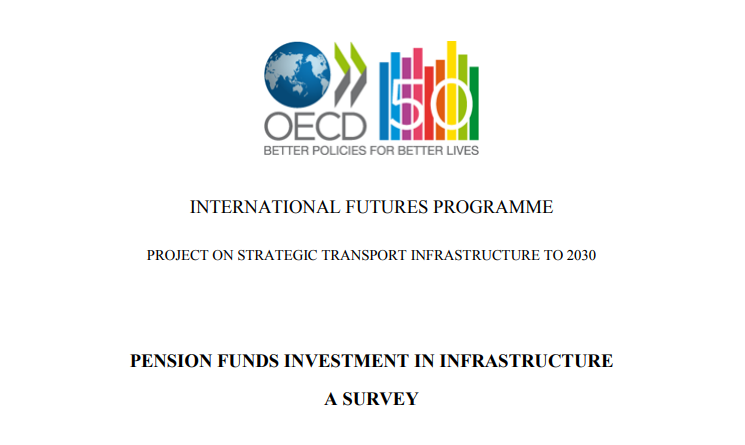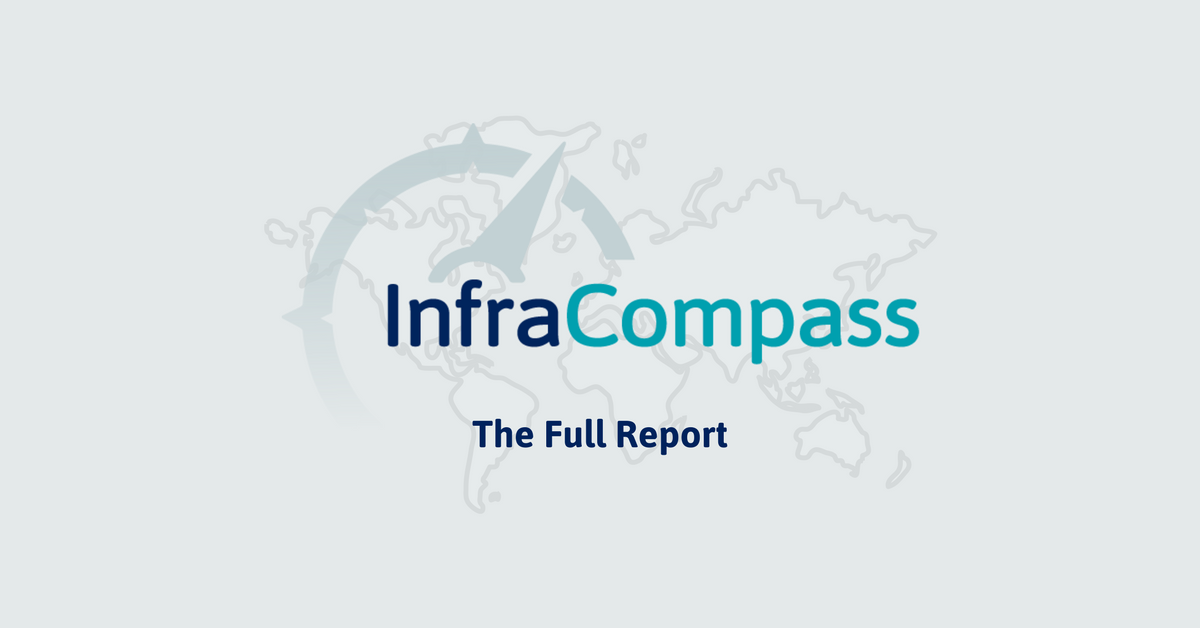Publications
Filter by
359 results found
This Railway Reform Toolkit aims to provide aneasy-to-use resource on the rail industry —what it is and what it does best— and to provide an experience-based set of best practices to aid inthe planning and execution of railway reforms.

Benchmarking Public Procurement provides comparable data on regulatory environments that affect the ability of private companies to do business with governments in 180 economies.

This paper presents three different approaches to quantifying postive and negative “additionalities” of cross-border transport infrastructure developments in GMS economic corridors.

This paper examines the evolution of infrastructure and the impact of infrastructure investment and public finance shocks on key development indicators and growth performance in the context of middle income countries.


Public-Private Partnerships (PPPs) are now being used in many countries to develop infrastructure projects.



The Infrastructure Investment Policy Blueprint offers a practical set of recommendations for governments on attracting private capital for infrastructure projects while creating clear social and economic value for their citizens.



This report primarily focuses on the lessons of International Finance Institutions experience in three areas.


This paper investigates the emerging global landscape for public-private co-investments in infrastructure.


This report gives an overview of the main types of government and market based instruments and incentives able to boost the mobilisation of financial resources to long-term investment.



This paper takes stock of existing indicators and points to recurrent issues affecting the mobilisation of greater investment in infrastructure.






The objective of this survey-based study was to understand the main problems encountered by pension funds when investing in infrastructure.


Automated fare collection (AFC) systems are a key component of sustainable, high-quality urban transport services. This paper addresses the objectives, challenges and lessons learned from AFC schemes, with a particular focus on emerging markets and second-tier cities with limited resources.

We reviewed existing literature, conducted case studies and interviews, and found that the smart cities context has transformed traditional ITS into “smart mobility” with three major characteristics: people-centric, data-driven, and powered by bottom-up innovations.

Connections is a series of concise knowledge notes from the World Bank Group’s Transport and ICT Global Practice. Connections discusses projects, experiences, and front-line developments in Transport and ICT. This set includes notes from 2015 and 2016.


InfraCompass is a tool for infrastructure policymakers. It objectively quantifies the strength of the infrastructure enabling environment by aggregating data for 81 countries, collectively representing 93% of global GDP and 86% of the world population.


This paper examines climate-change impacts on hydropower generation using an econometric model of the determinants of hydroelectric generetion.

In a recent study, we looked at the economic effects of the EU’s external aviation policy with third countries, focusing on 27 countries with which the EU has Air Services Agreements with varying degrees of liberalization.2


The report identifies and illustrates three critical success factors that governments should be aware of and should seriously consider for their operations and mainteance strategies.




 Visit tool
Visit tool

